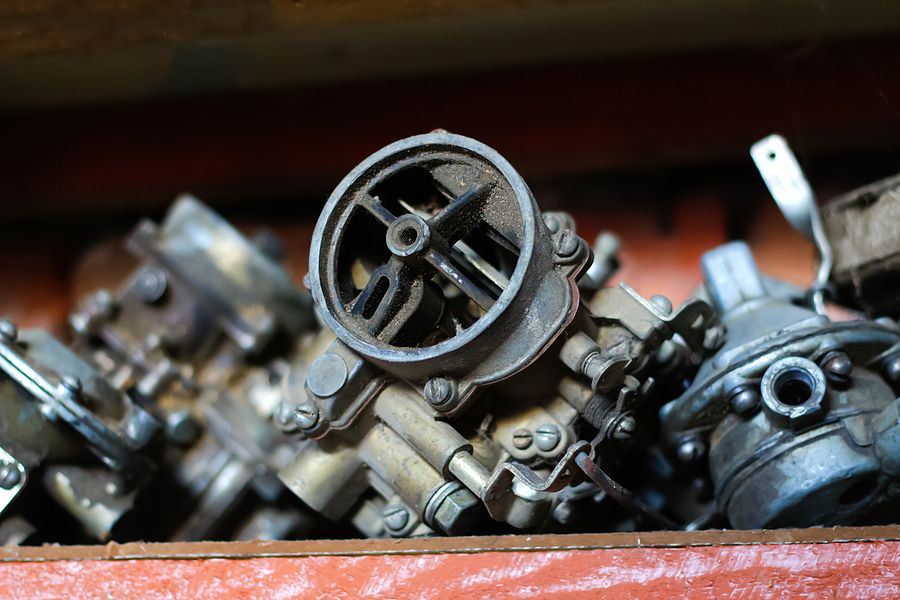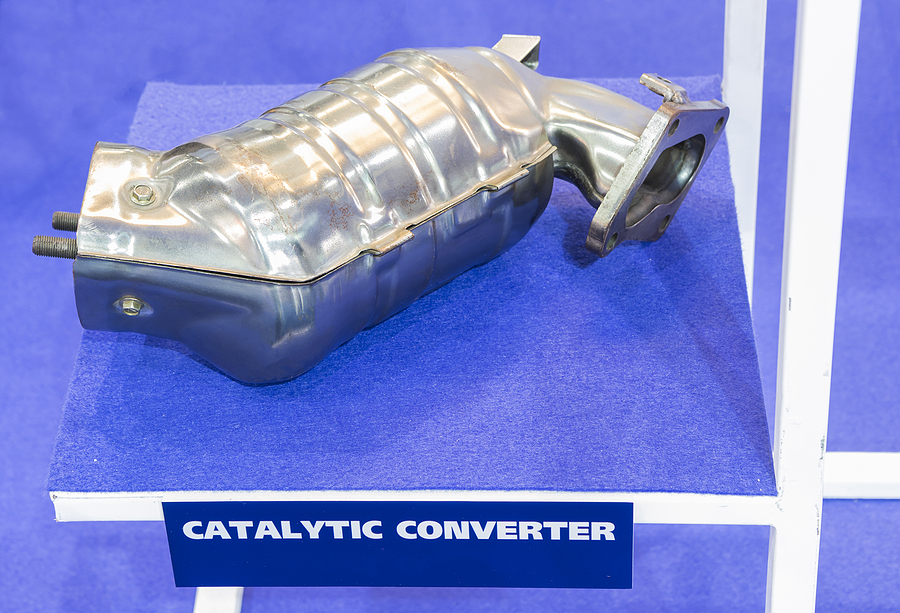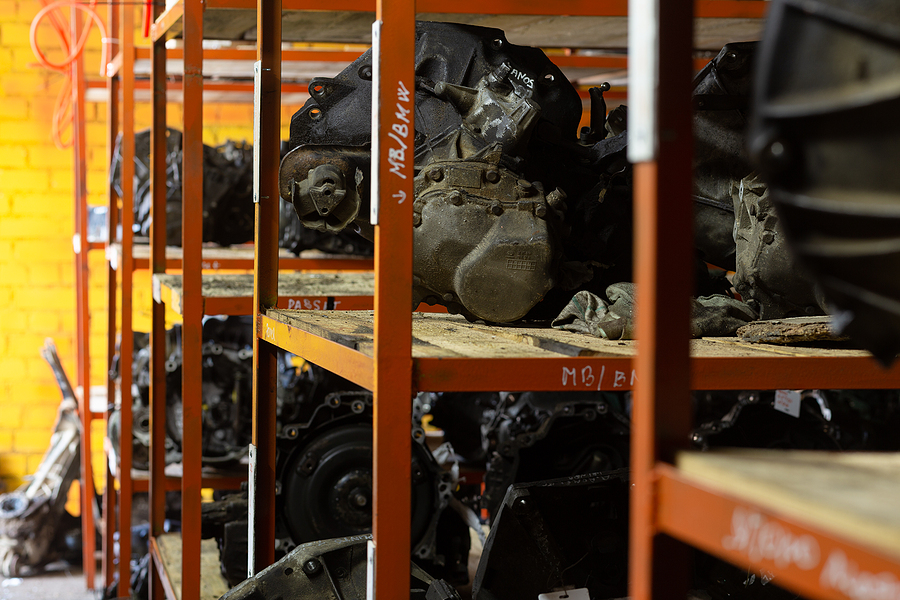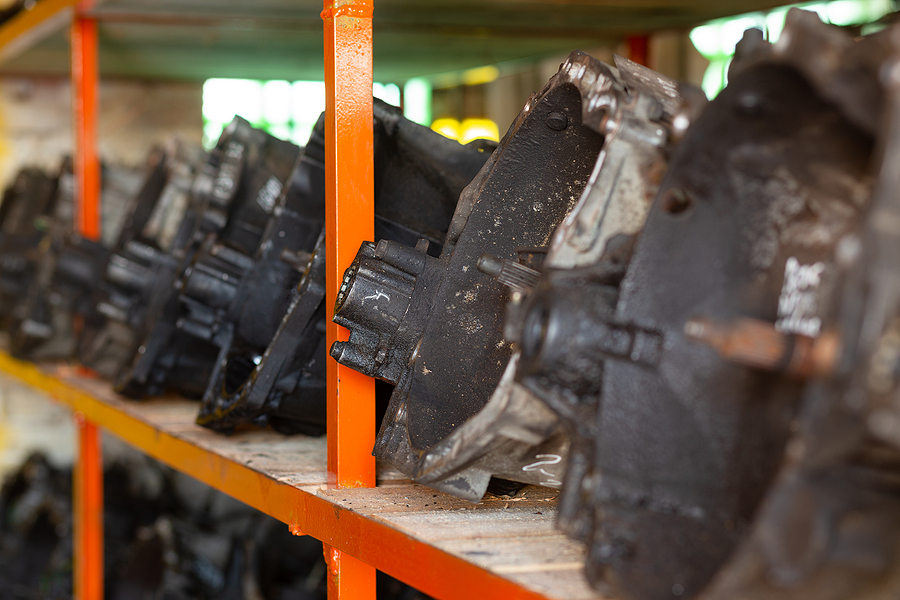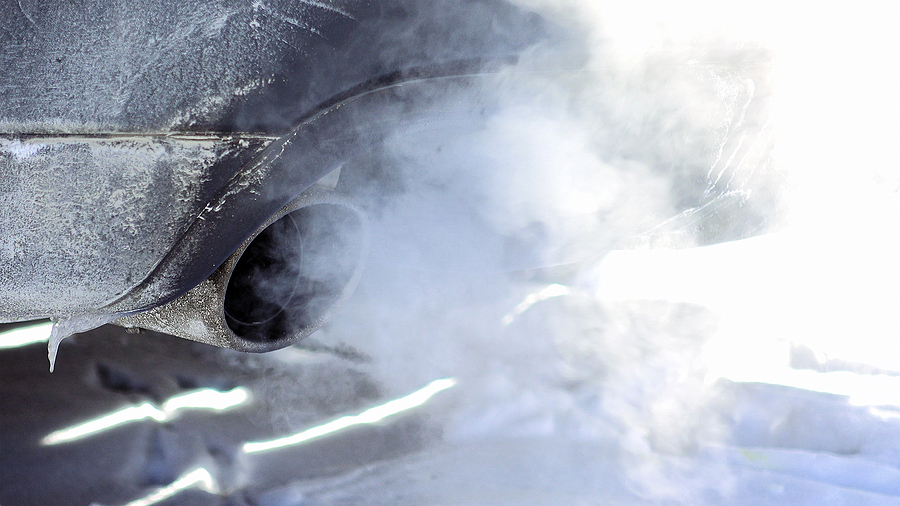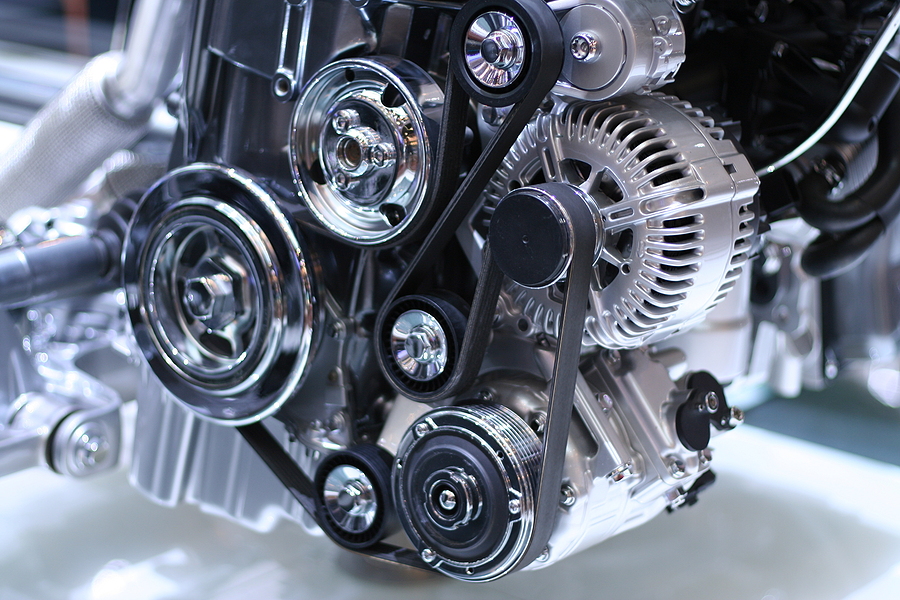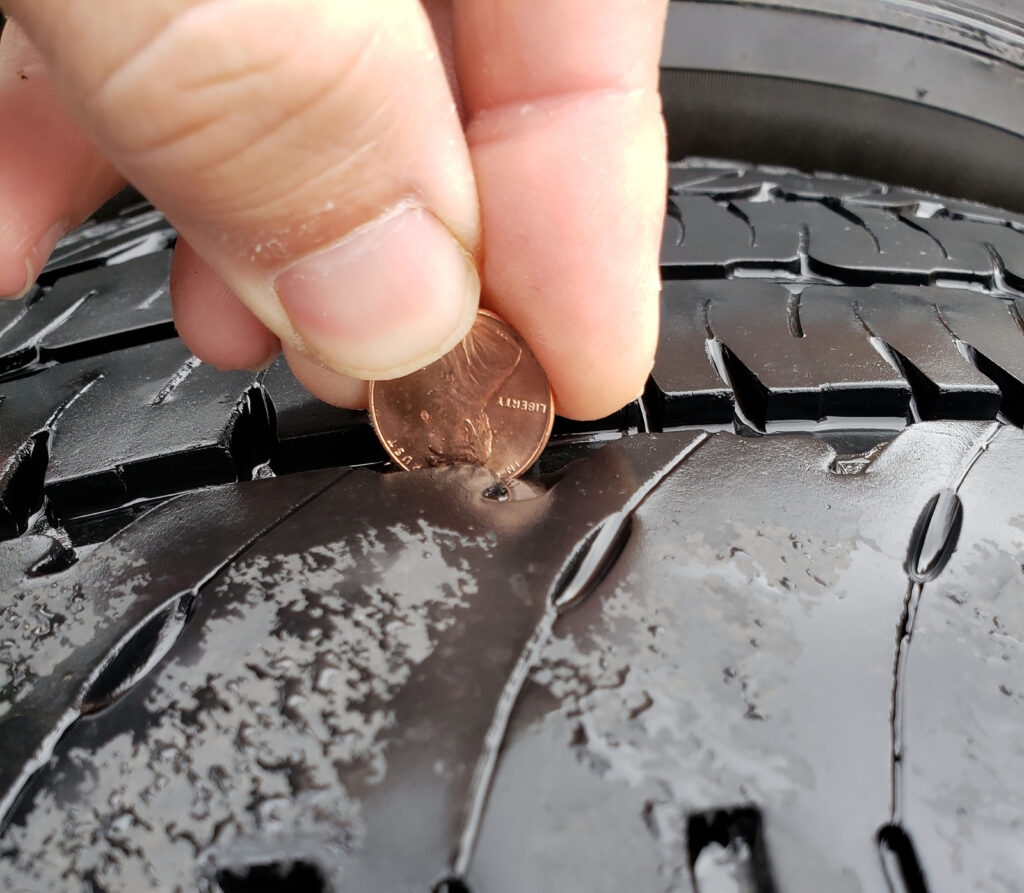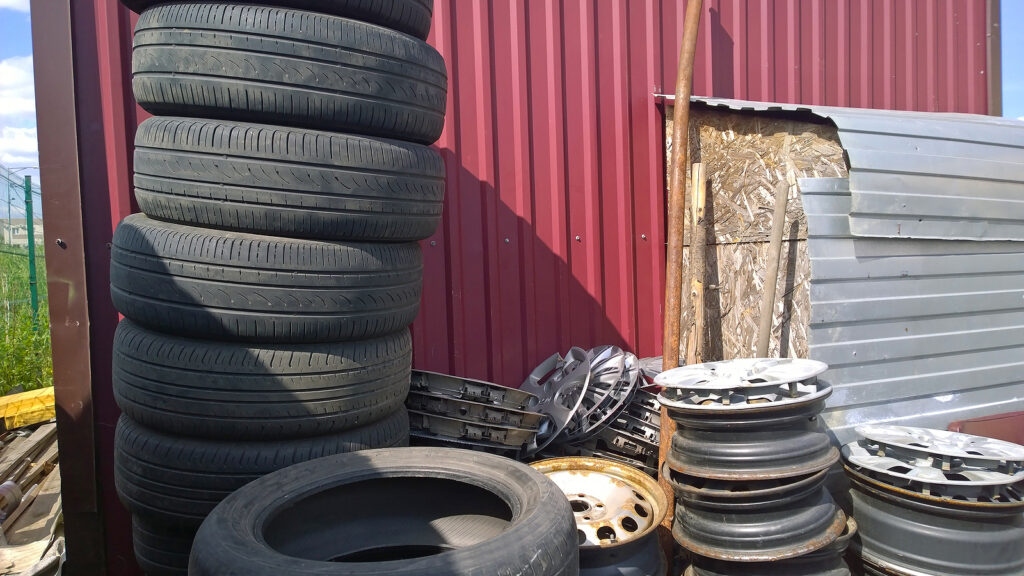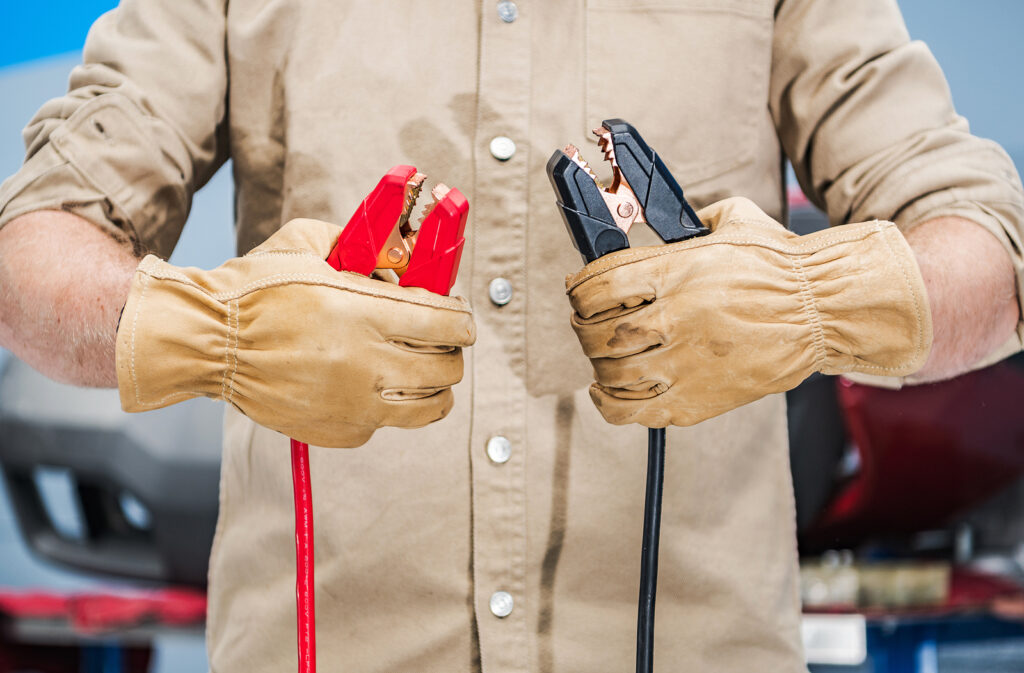In the vast automotive world, finding high-quality parts that won’t break the bank can often seem like finding a needle in a haystack. Whether the part is for a minor repair or a major overhaul, every car owner knows the value of durable, well-priced parts.
This guide will serve as a beacon for those navigating the maze of used and new car parts in auto parts stores, providing you tips and tricks to get the best deals without compromising the quality of your purchase. Join us as we dive into the world of affordable auto components and learn how to maximize your dollar while keeping your car running smoothly.
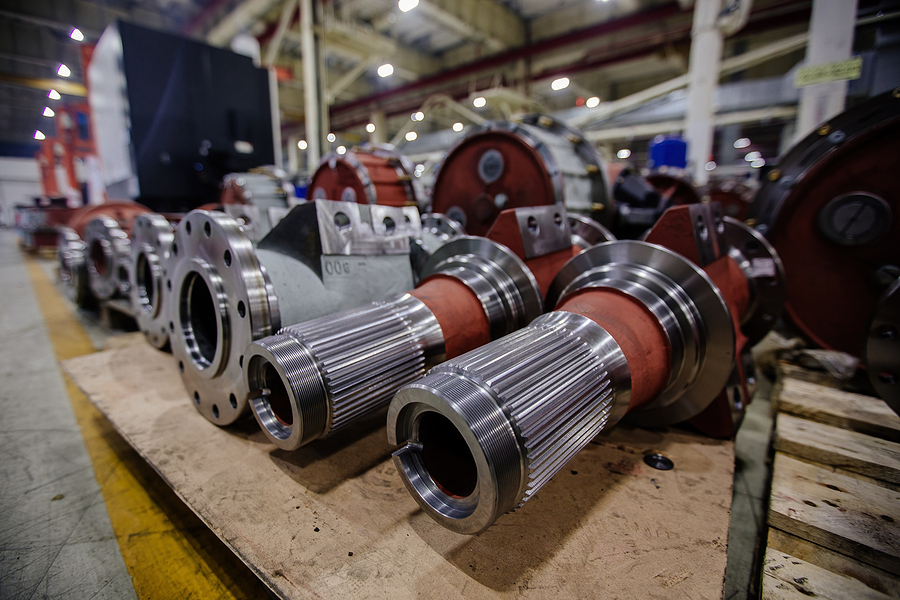
Used Car Parts Versus New Car Parts
The Pros and Cons of Used Car Parts
When it comes to purchasing car parts, one of the most significant decisions you will face is whether to buy new or used. Both options have their advantages and disadvantages, so let’s weigh them out.
Pros…
▶ Cost-effective: The most apparent advantage of buying used car parts is that they are significantly cheaper than new ones. You can save anywhere from 50% to 90% by opting for a used part, depending on the brand and condition.
▶ Availability: Used parts are often more readily available than new ones, as cars tend to be scrapped or dismantled for parts before their lifespans are up. This means you have a higher chance of finding the specific part you need in a used auto parts store.
▶ Environmentally-friendly: By purchasing a used part, you are effectively recycling it and reducing unnecessary waste.
Cons…
▶ Quality concerns: The biggest disadvantage of buying used car parts is the potential for them to be worn or damaged. It’s essential to thoroughly inspect the part before purchasing and to shop from reputable sellers.
▶ Limited warranty: Used parts typically come with a shorter or no warranty compared to new ones, leaving you at risk if the part fails soon after purchase.
Tips for Buying Used Car Parts
If you do decide to go down the route of buying used car parts, here are some tips to help ensure you get a good deal:
▶ Do your research: Familiarize yourself with the average prices of the part you need to avoid overpaying.
▶ Inspect before purchasing: Visually inspect the part for any signs of wear or damage. If possible, test it out in person before buying.
▶ Shop from reputable sellers: Look for reviews and ask around for recommendations when choosing where to buy used automotive parts.
The Pros and Cons of New Car Parts
While used car parts can save you a significant amount of money, there are also valid reasons for opting for new parts. Let’s take a look at the pros and cons.
Pros…
▷ Quality assurance: When buying new parts, you have peace of mind knowing that they haven’t been previously used or damaged.
▷ Warranty: New car parts often come with a warranty, protecting you if the part fails within a specified period.
Cons…
▷ Cost: As mentioned earlier, new car parts can be significantly more expensive than used ones, especially for rare or luxury vehicles.
▷ Availability: Depending on the make and model of your car, it may be challenging to find new parts, especially if it’s an older or less popular model.
Tips for Buying New Car Parts
If you decide that new car parts are the better option for your vehicle, here are some tips to help you make a cost-effective purchase:
▷ Shop around: Don’t settle for the first auto parts store you come across. Compare prices from different sellers to find the best deal.
▷ Consider aftermarket options: You don’t always have to buy original parts from the manufacturer. Aftermarket parts can be just as effective and often come at a lower cost.
Final Thoughts
When it comes down to it, buying automotive parts is all about balance. While used parts may save you money upfront, they come with their risks. On the other hand, new parts may be more reliable, but they can also break the bank. By following the tips and considerations outlined in this guide, you can find a balance between getting more for less and ensuring high-quality car parts for your vehicle. Remember to always do your research and shop smart to maximize your dollar while keeping your vehicle running smoothly.
Are you looking to purchase highly reliable new or used car parts in the Indy area? Contact Zore’s Indy at 317-247-8484 to learn more about our auto parts store in Indianapolis, and how to get started with car part delivery, locally and nationwide!
Related Posts:
How to Get the Best Used Car Parts from a Scrap Yard
Where to Find an Auto Part Number
6 Signs You’re Getting Ripped Off When Buying Used Auto Parts

